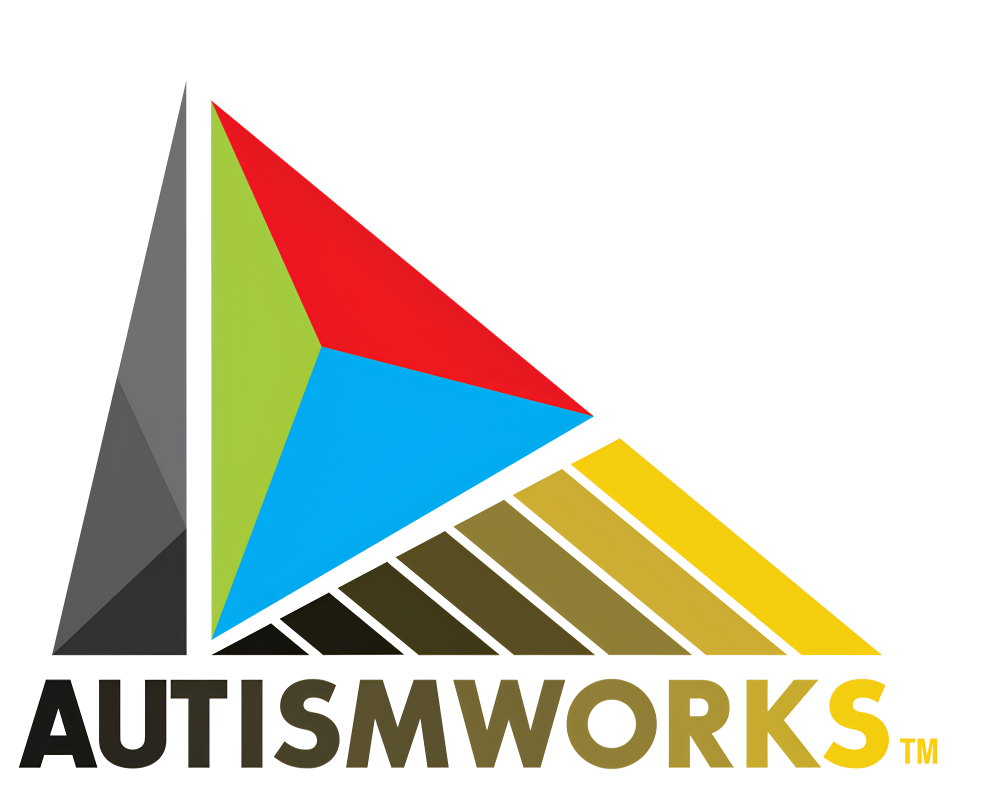Embracing Flexibility: Strategies for Managing Routine Changes
Hello AutismWorks Community,
For many children with autism, a break in routine can feel challenging and overwhelming. Predictability and structure provide comfort, and sudden changes may create discomfort or anxiety. In this edition, we’ll explore strategies that support flexibility and make unexpected changes easier to navigate. With a little preparation, children can feel more secure and confident, even when things don’t go exactly as planned.
The Importance of Flexibility in Daily Life
Flexibility is a key life skill that allows us to adapt when situations don’t go as expected. For children with autism, flexibility doesn’t mean suddenly changing everything at once. Instead, it’s about gradually building comfort with the idea of small adjustments. Learning to handle change helps children feel more in control, builds resilience, and provides them with skills for navigating life’s inevitable surprises.
Strategies for Practicing Flexibility
-
Practice Changes in Advance
When possible, preparing for a change can make all the difference. If you know that a routine change is coming up—such as a new route to school, a different activity, or even a substitute teacher—practice the new situation in advance.- Role-Playing: Try role-playing what will happen, using visual aids, props, or simple explanations to illustrate the change.
- Visual Schedules: Adding the change to a visual schedule helps children see what to expect and provides a sense of control over what’s coming next.
-
Use Social Stories
Social stories can be incredibly helpful in preparing for new experiences. These stories use simple language and visuals to explain what to expect during a new situation or activity, making unfamiliar changes feel less daunting. -
Introduce Small, Gradual Changes
Practicing small changes on a regular basis can help children become more adaptable over time. Start with small variations in routine, such as changing the order of daily activities or introducing a new snack, and gradually build up to bigger adjustments.
Calming Techniques for Managing Change
When changes happen unexpectedly, having calming techniques on hand can help children regain their sense of balance. Here are a few methods to try:
-
Deep Breathing: Breathing exercises help bring calm and can be practiced together to make it a shared, comforting activity. Techniques like “balloon breathing,” where children imagine inflating a balloon as they inhale and slowly deflating it as they exhale, can turn deep breathing into a fun, engaging exercise.
-
Counting to Ten: For children who respond well to structured activities, counting to ten can provide a mental reset. Encourage them to count slowly while taking deep breaths, allowing time to process and settle into the new change.
-
Using a Comfort Object: A familiar object, such as a favorite toy, blanket, or small sensory item, can provide grounding comfort during moments of change. Bringing a comfort item along can create a small sense of routine, even in unfamiliar situations.
Building a Flexible Mindset Through Daily Routines
Flexibility doesn’t happen overnight, but small changes in daily routines can gently build resilience. Here are some ways to nurture a flexible mindset:
-
Include “Choice Time”: Introducing choice within daily routines, such as choosing between two activities or two snack options, helps children feel a sense of control. Learning to make choices within a flexible framework encourages adaptability.
-
Practice “Change Days”: Occasionally, dedicate a day or part of a day to small, fun changes. You could change the order of activities, introduce a new game, or even go somewhere different. These “change days” help children learn that adjustments can be enjoyable and manageable.
-
Reinforce with Positive Feedback: After each new experience, acknowledge their adaptability. Praise their ability to handle a new situation, reinforcing that change can be a positive experience and that flexibility is a strength.
Embracing Flexibility Together
Change can be challenging, but with the right strategies, it can also be a pathway to growth and resilience. By practicing small adjustments, introducing calming techniques, and building a flexible mindset, we can help children feel more secure when routines shift. Flexibility is a skill, and each step forward, no matter how small, is a victory.
At AutismWorks, we’re here to support every step of that journey, offering encouragement and practical tools to help navigate change with confidence and calm.
Warm regards,
Tyler McNamer



Responses